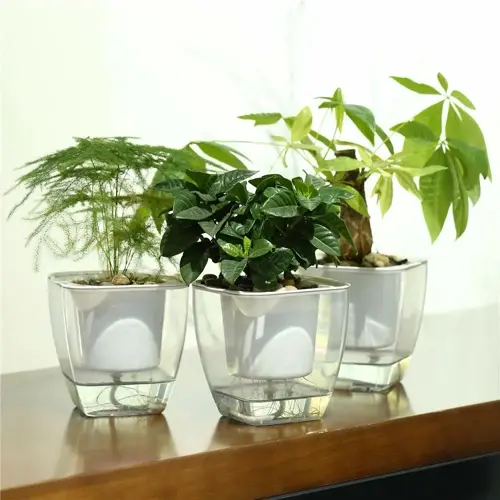Are tomatoes with blossom end rot safe to eat?

Written by
Benjamin Miller
Reviewed by
Prof. Martin Thorne, Ph.D.Tomatoes that show blossom end rot can still be eaten safely with the proper handling. Cut out the damaged parts, as they are the only edible parts. This is a result of calcium deficiencies, not any pathogens, so you don't have to worry about health concerns in the unaffected parts.
Inspection
- Check for secondary mold or softness indicating decay beyond the rot
- Discard fruits with foul odors or liquid oozing from lesions
- Remove only fruits with small localized damage under 30% surface area
Preparation
- Wash fruits thoroughly under running water before cutting
- Use separate cutting boards for damaged and healthy sections
- Cut at least ½ inch beyond visible damage into firm flesh
Usage
- Cook salvaged portions immediately instead of eating raw
- Blend into sauces where texture changes go unnoticed
- Freeze extra portions for later use in cooked dishes
Removing prompt tomatoes will help your garden. Removing affected tomatoes early helps direct calcium to other developing fruits. In this way, you won't waste energy on tomatoes that truly cannot recover. I check my plants daily in the peak season because I know that if tomatoes are immediately damaged, tomato plants certainly won't recover.
Avoid cross-contamination when working in your kitchen. Clean the knives and surfaces thoroughly after handling the compromised tomatoes. Keep the damaged areas away from healthy produce. When I use contaminated tools with the fruit, I clean them with a vinegar solution.
Understand the differences from disease damage. Blossom end rot creates dry, leathery patches, unlike bacterial spots, which appear greasy, or fungal growth, which shows spores. Proper identification ensures safe consumption practices.
Be resourceful in maximizing your harvest. Puree the salvaged parts to use in tomato soup or paste. Dehydrate firm sections for sun-dried tomatoes. My favorite is roasting, trimming, and using herbs for different sauces.
Monitor plants after removal. New fruits should show improvement if you address underlying causes, such as watering consistency. Track progress weekly to ensure your prevention strategies are working effectively.
Read the full article: Tomato Blossom End Rot Explained Simply

